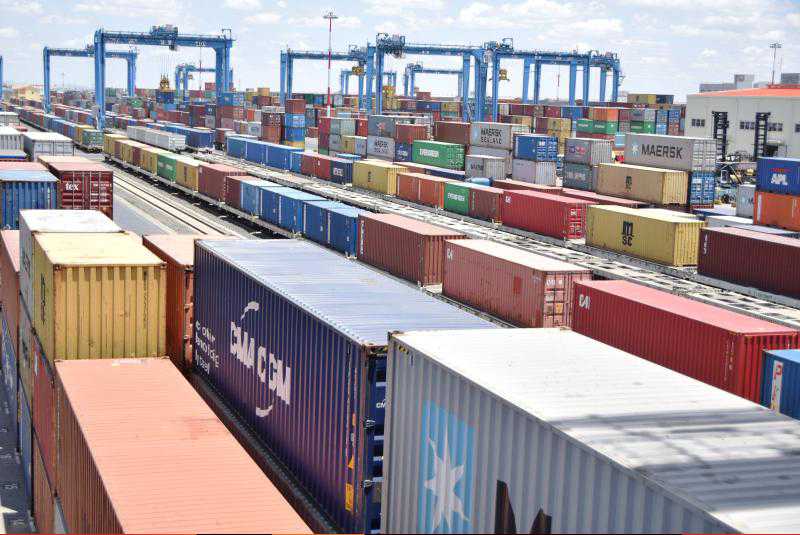×
The Standard e-Paper
Fearless, Trusted News

NAIROBI, KENYA: Kenya risks losing the port of Mombasa to China's Exim Bank should the government default on paying loans.
A letter by Auditor General to Kenya Ports Authority (KPA) reveals that port's assets were charged as security to secure loans but KPA did not disclose this guarantee in the financial statements.